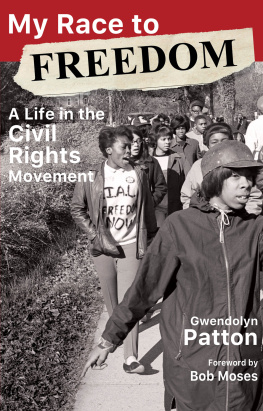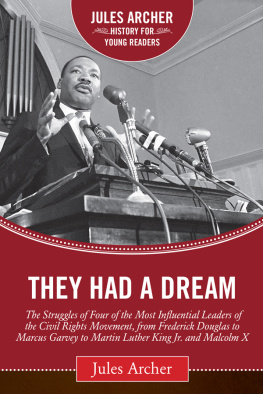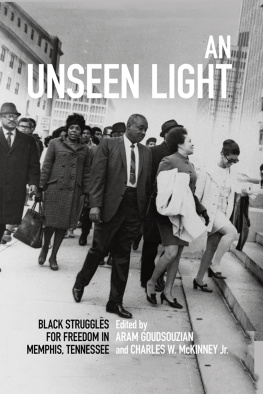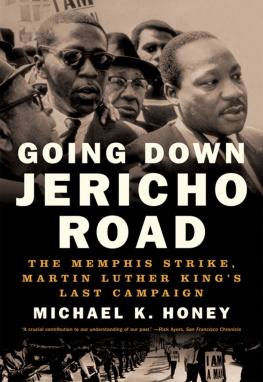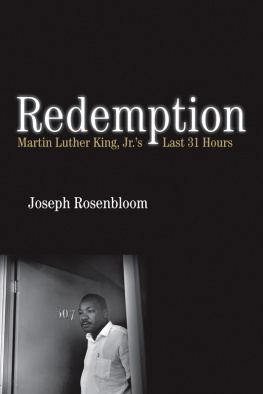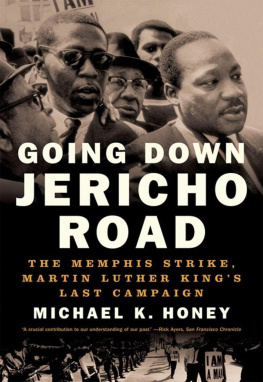Laurie B. Green - Battling the Plantation Mentality: Memphis and the Black Freedom Struggle
Here you can read online Laurie B. Green - Battling the Plantation Mentality: Memphis and the Black Freedom Struggle full text of the book (entire story) in english for free. Download pdf and epub, get meaning, cover and reviews about this ebook. City: Chapel Hill, year: 2009, publisher: University of North Carolina Press, genre: History. Description of the work, (preface) as well as reviews are available. Best literature library LitArk.com created for fans of good reading and offers a wide selection of genres:
Romance novel
Science fiction
Adventure
Detective
Science
History
Home and family
Prose
Art
Politics
Computer
Non-fiction
Religion
Business
Children
Humor
Choose a favorite category and find really read worthwhile books. Enjoy immersion in the world of imagination, feel the emotions of the characters or learn something new for yourself, make an fascinating discovery.

- Book:Battling the Plantation Mentality: Memphis and the Black Freedom Struggle
- Author:
- Publisher:University of North Carolina Press
- Genre:
- Year:2009
- City:Chapel Hill
- Rating:4 / 5
- Favourites:Add to favourites
- Your mark:
Battling the Plantation Mentality: Memphis and the Black Freedom Struggle: summary, description and annotation
We offer to read an annotation, description, summary or preface (depends on what the author of the book "Battling the Plantation Mentality: Memphis and the Black Freedom Struggle" wrote himself). If you haven't found the necessary information about the book — write in the comments, we will try to find it.
With its slogan I AM a Man! the Memphis strike provides a clarion example of how the movement fought for a black freedom that consisted of not only constitutional rights but also social and human rights. As the sharecropping system crumbled and migrants streamed to the cities during and after World War II, the struggle for black freedom touched all aspects of daily life. Green traces the movement to new locations, from protests against police brutality and racist movie censorship policies to innovations in mass culture, such as black-oriented radio stations. Incorporating scores of oral histories, Green demonstrates that the interplay of politics, culture, and consciousness is critical to truly understanding freedom and the black struggle for it.
Laurie B. Green: author's other books
Who wrote Battling the Plantation Mentality: Memphis and the Black Freedom Struggle? Find out the surname, the name of the author of the book and a list of all author's works by series.

